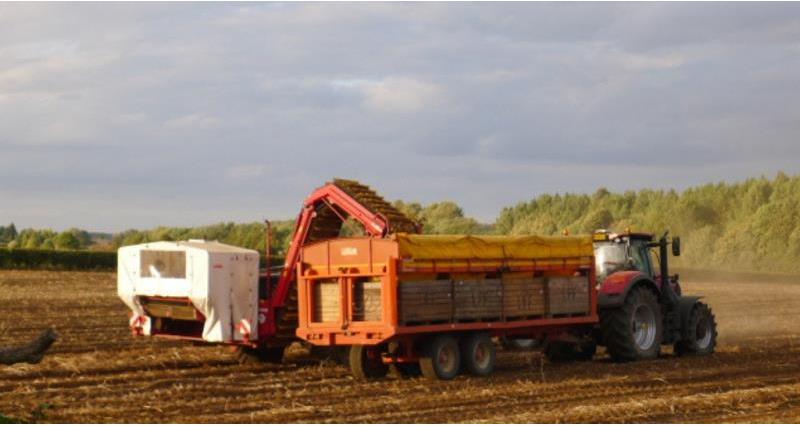Recent rainfall has delivered immediate and short-term relief to farmers, and for many it might still be too soon to predict how much more licence flexibility they might need in the forthcoming weeks – but any possible need should be flagged up with the Agency and NFU.
Following the NFU-hosted Agricultural Drought Summit on 1 August, the Agency introduced its ‘flexible licensing’ arrangements which has helped a number of members who ran out of licensed allocation for crop irrigation during the prolonged dry spell.
In practice, the Agency’s flexing position during the agricultural drought has been focused on an approach of relaxing ‘red tape’ rather than environmental standards.
Late season additional water needs could still arise as a result of annual allocations being fully used, or summer seasonal use expiring at the end of September which is a condition of some licences.
Flexible licensing approaches have changed in some areas over the past few months and we urge members to discuss their needs with Agency area offices even in cases where their previous applications have been rejected.
Water trading
Farmers wishing to trade water with another licence holder can only do so where the two abstractions are hydrologically connected. In practice, trades are therefore generally restricted to the same catchment or groundwater management unit. Trades between groundwater management units (GWMU) in the same aquifer will depend on local circumstances and how the GWMU boundaries have been defined. These trades are likely to be complex and need more detailed assessment potentially involving groundwater modelling. There may be some scope for trading between groundwater and surface water depending on the interaction between them and how any abstraction impacts have been considered.
‘Borrowing’ 2019 allocation
The Agency remains concerned about the principle of ‘borrowing’ groundwater from future allocations because of uncertainty over localised impacts – both now and for the potential recharge of aquifers that should occur over the winter.
Despite the complex interactions between groundwater abstraction and surface features, the Agency’s view is that some borrowing of groundwater from future allocations may be considered on a case by case basis. However, these decisions would need to be supported by groundwater modelling, which is time consuming – hence the need for early requests from farmers.
Reservoir filling
Although for most farmers the ‘reservoir filling season’ does not start until November, the Agency is willing to consider on a case-by-case basis requests to fill reservoirs ahead of that date – approvals will be dependent on river flows being above ‘hands off’ levels.
Local conditions
The Agency’s ability to help members will be dependent on local environmental conditions. Areas under pressure from abstraction tend to coincide with higher demand for flexibility.
Ironically, the significant pressure stems from public water supply which has so far avoided disruptions to abstracted water.
